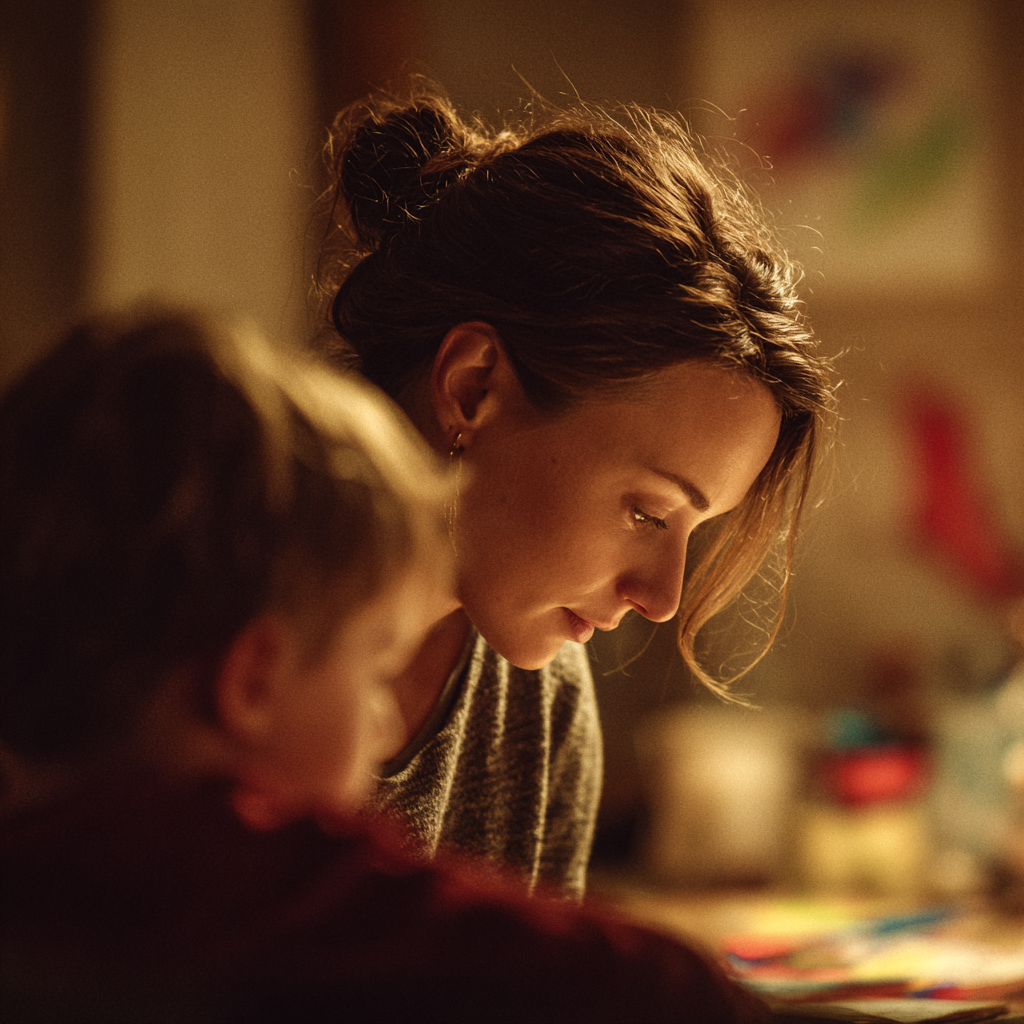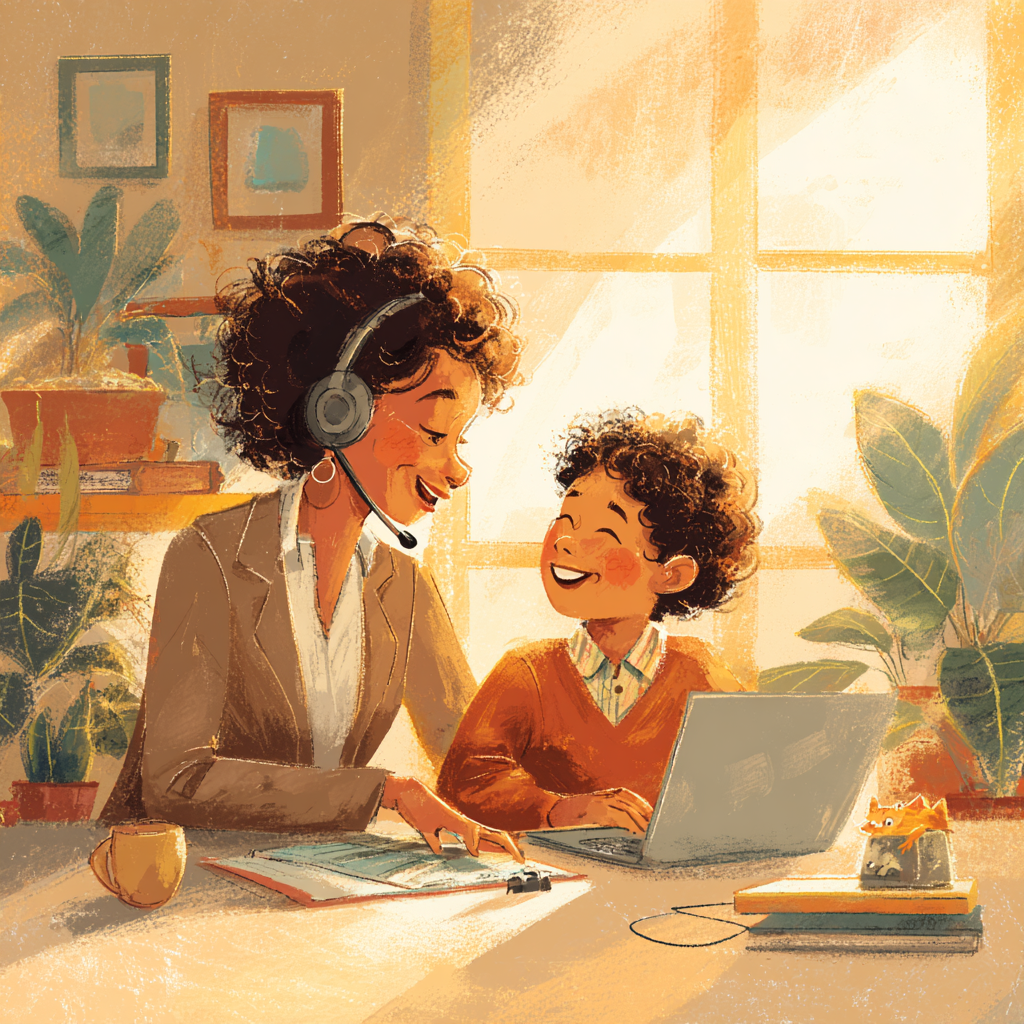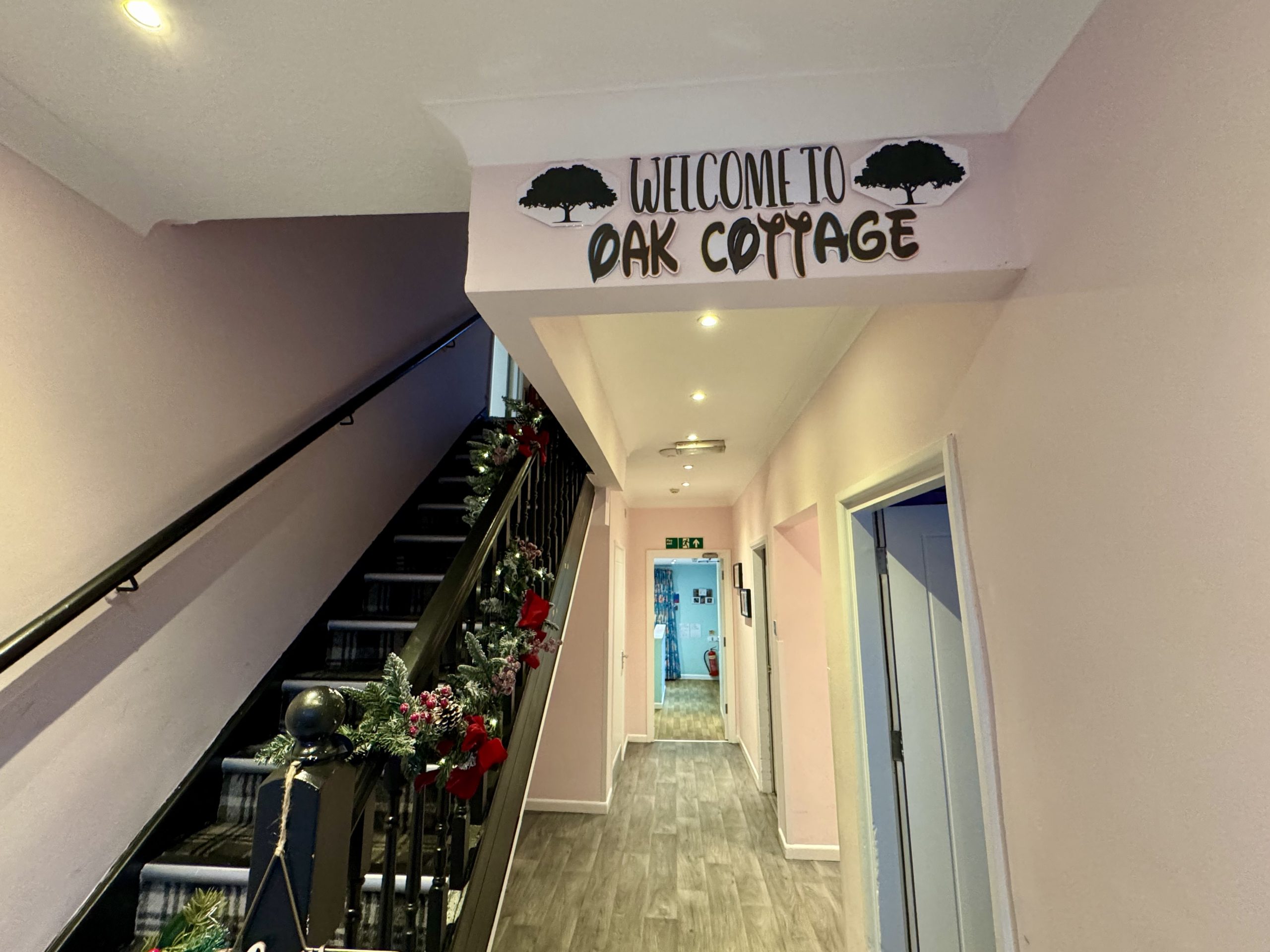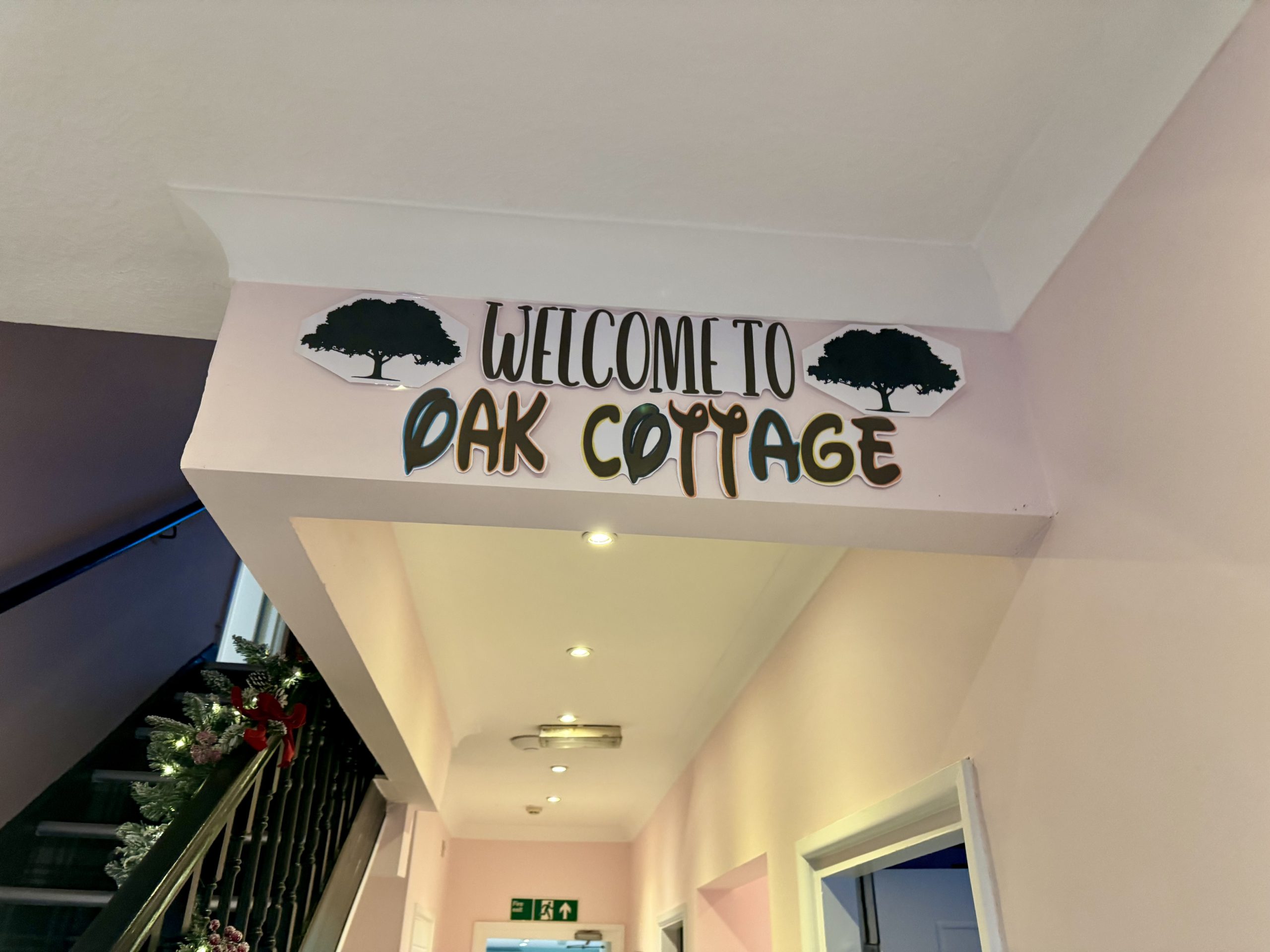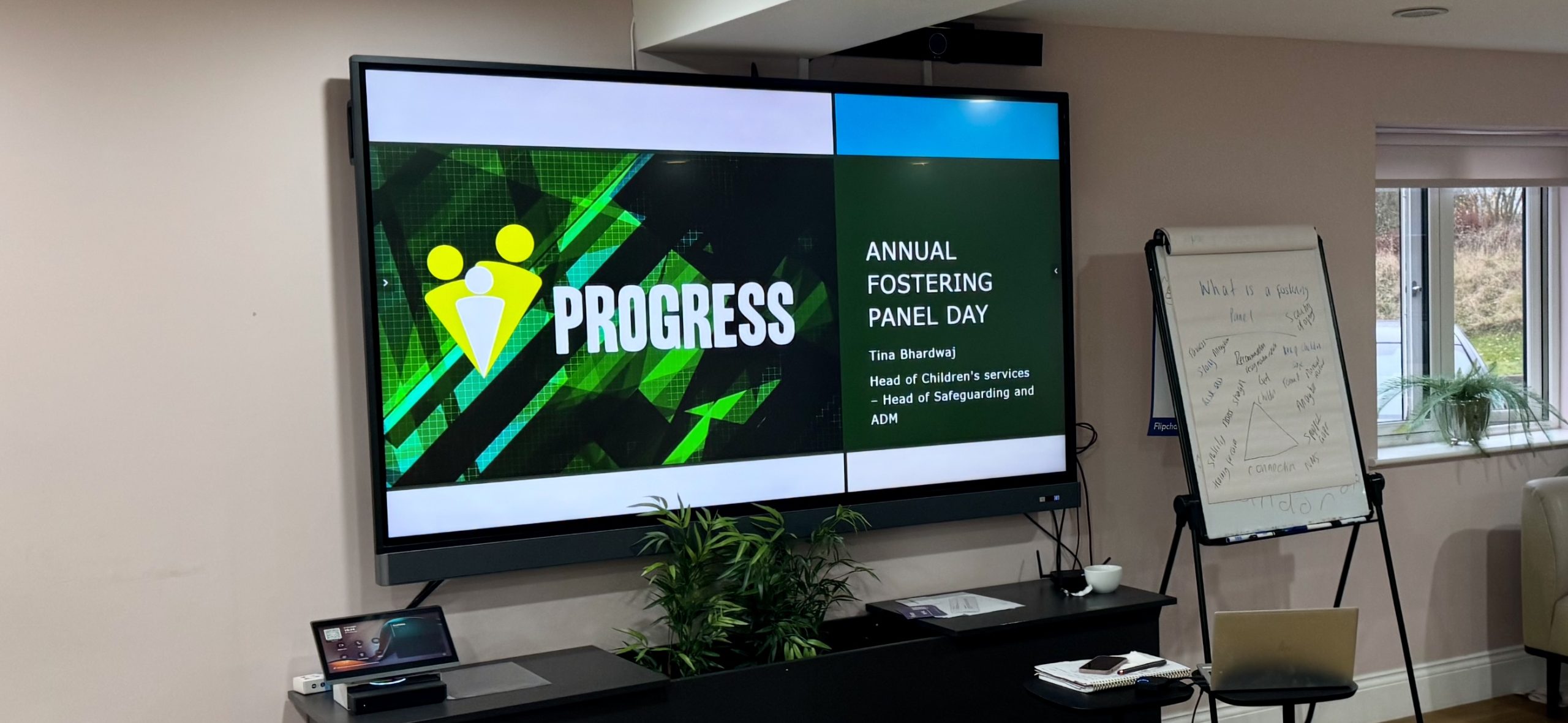Fostering can be one of the most rewarding things you ever do, but let’s be honest, it’s not always easy. When people ask, “What’s the hardest part of fostering?”, there’s no single answer. Every carer, child, and situation is different. But there are a few common challenges that many foster carers experience, especially in those early days.
Letting go of expectations
It’s natural to imagine what fostering will be like, how the child will settle in, how you’ll bond, and what your day-to-day life might look like. But children in care often come from very complex backgrounds. They may not trust adults, and they may not respond to kindness in the way you’d expect. Building trust can take time, and it can be frustrating or even heartbreaking when you feel like you’re not getting through.
The hardest part? Sticking with it when things aren’t going the way you hoped. But also the most powerful part, because when that trust does come, it means everything.
Saying goodbye
Even in short-term fostering, deep bonds can form. You might look after a child for just a few weeks, or for months, even years. And when the time comes for them to return home or move on, it can feel like a piece of your heart is going with them.
It’s part of the job, but it never gets easy. What helps is knowing that you’ve played a part in that young person’s journey, giving them safety, stability, and love when they needed it most.
Managing behaviour shaped by trauma
Some children come into foster care after experiencing trauma, neglect, or abuse. That trauma doesn’t vanish when they walk through your front door. It often shows up in how they behave, from anxiety and withdrawal to anger or outbursts.
It’s not personal. It’s pain. And understanding that can help you respond with empathy rather than frustration. But it’s still emotionally demanding. That’s why ongoing training, wraparound support, and having someone on the end of the phone 24/7, like Progress offers, really matters.
Navigating the unknown
Foster carers often have to adapt quickly. Emergency placements can come with very little notice or information. Plans can change overnight. Meetings, school issues, court updates, there’s a lot going on behind the scenes.
Having a strong support network, both professionally and personally, can make all the difference. At Progress, our carers never go it alone. There’s always someone to guide, support, and step in when things get tough.
Final thoughts
The hardest part of fostering isn’t the behaviour or the meetings or even the goodbyes. It’s the emotional resilience it asks of you. But it’s also what makes fostering so powerful.
You open your heart and your home to a child in need. You give them a fresh start. And while it might be challenging at times, it’s also life-changing, for them and for you.
If you’re thinking about fostering and want an honest conversation about what it’s really like, our team at Progress is here to talk. No pressure, no judgement, just real answers from people who understand.
Call us today on 01902 561066 or visit progresscare.co.uk/fostering to start your fostering journey.




